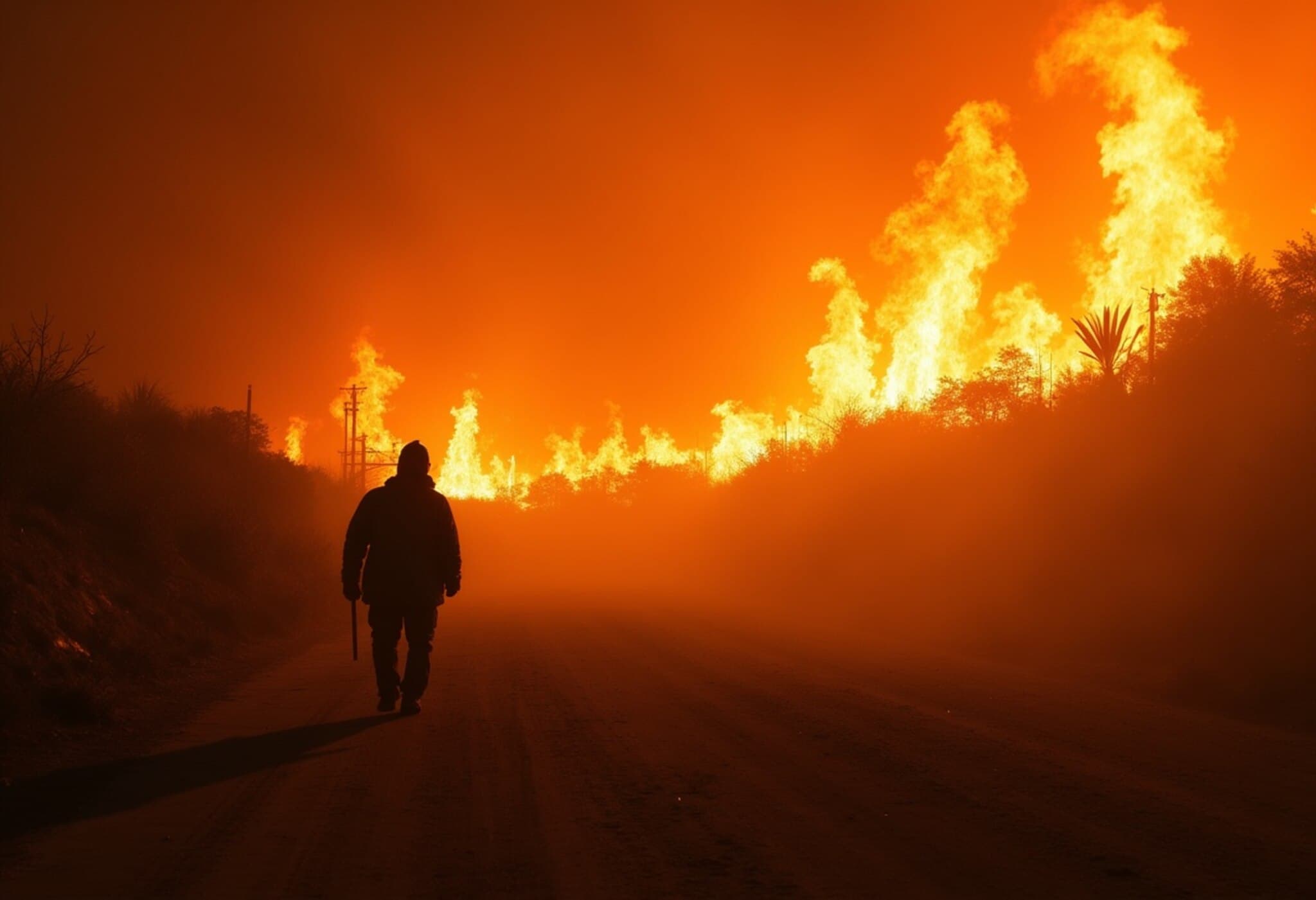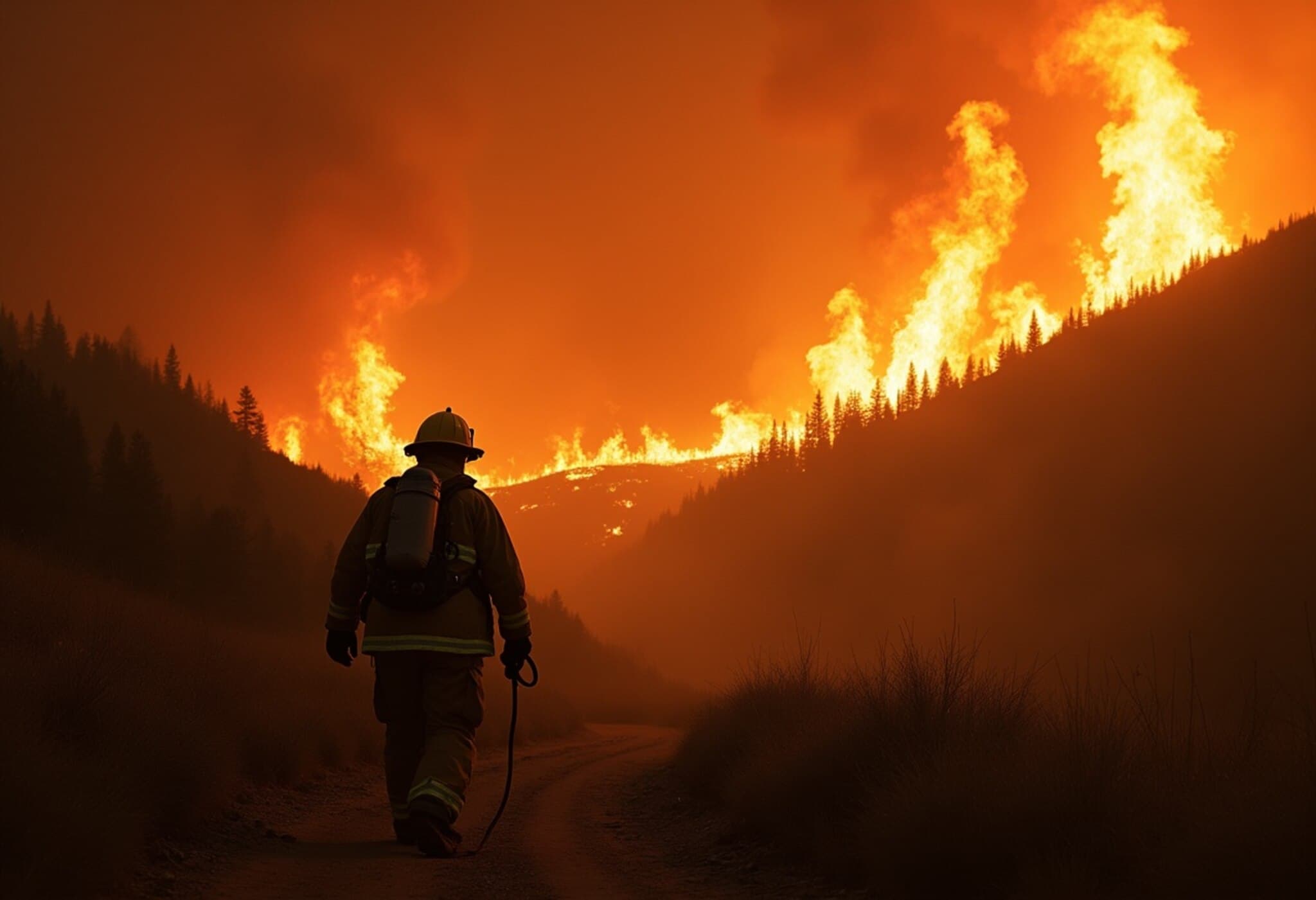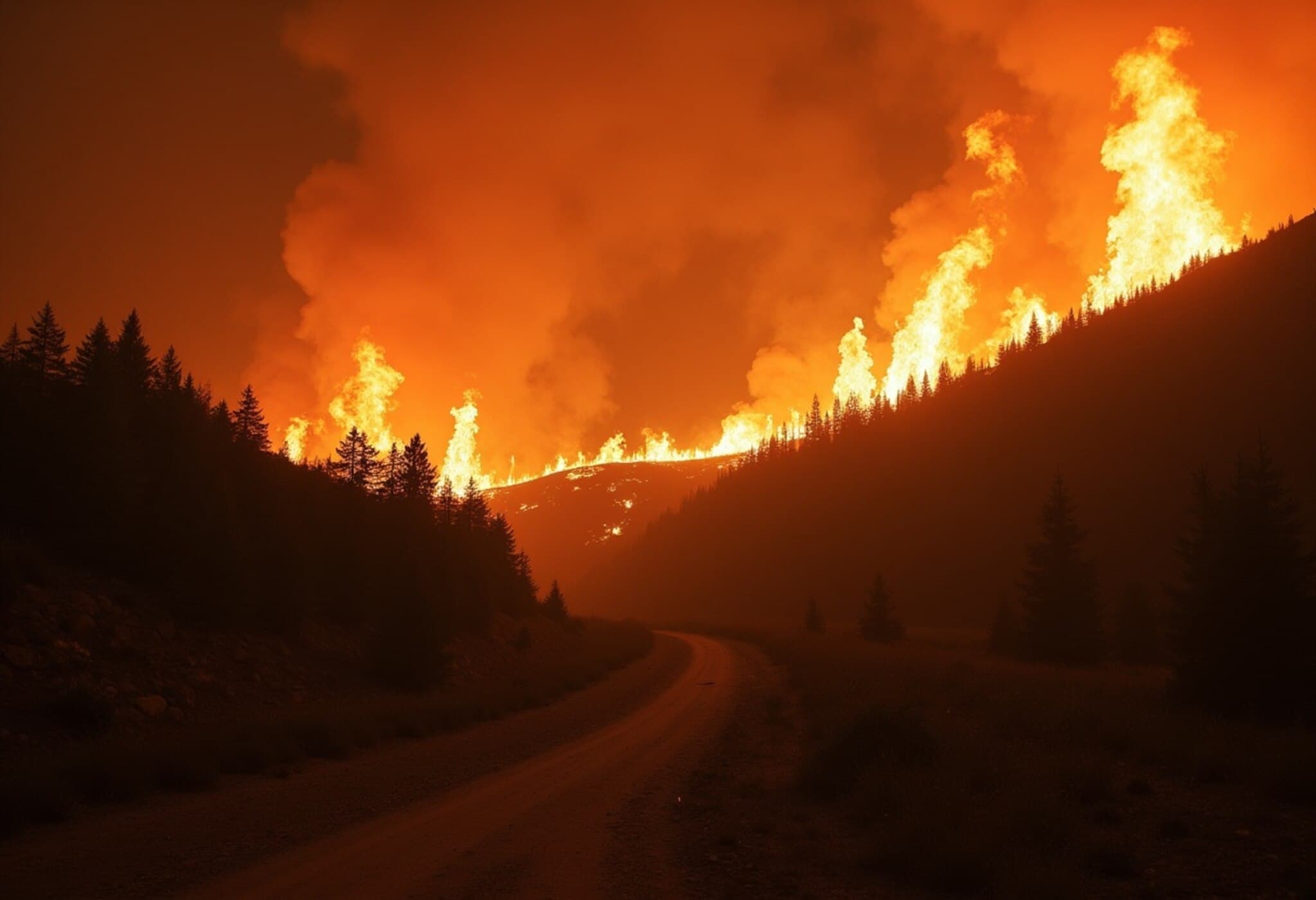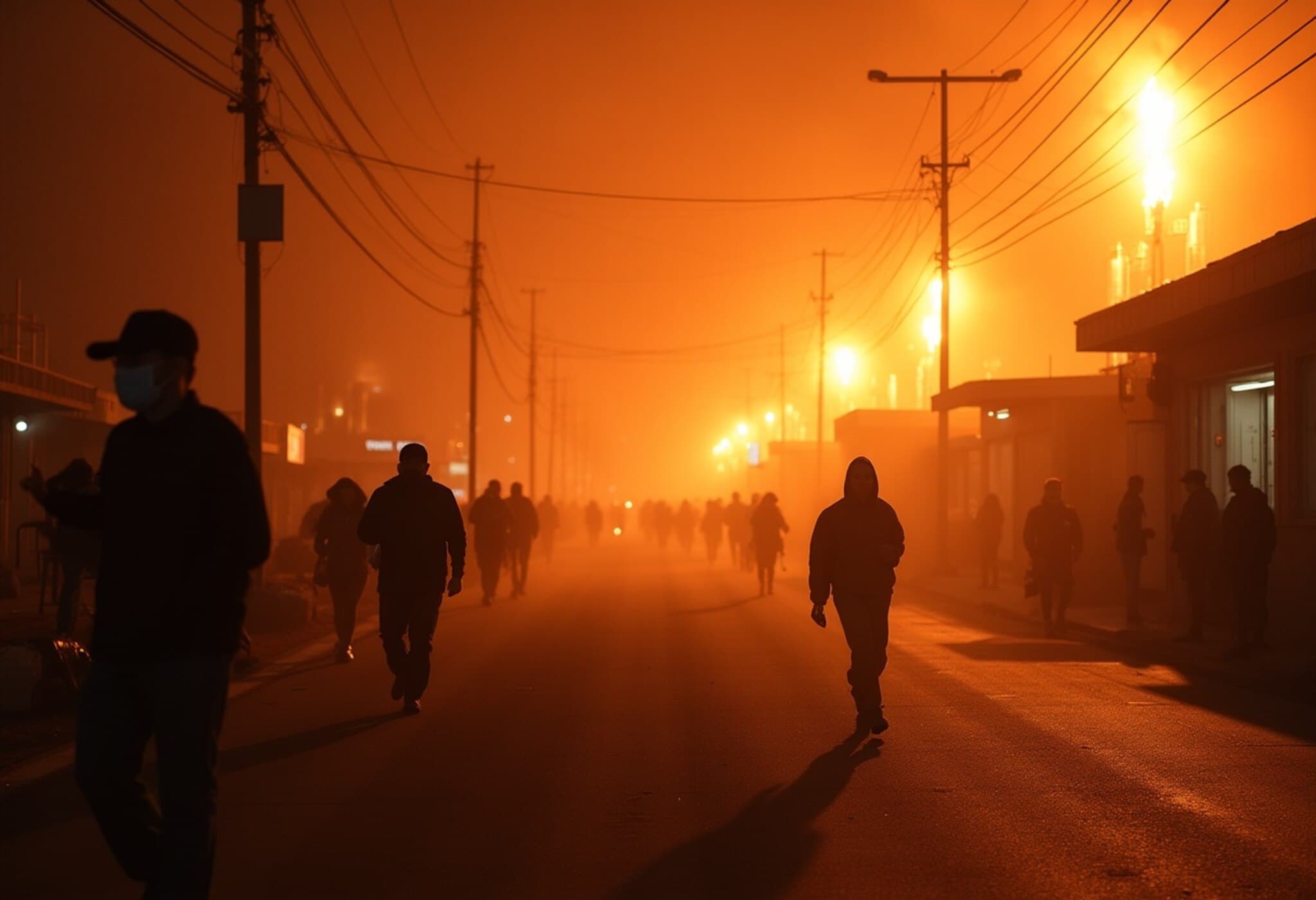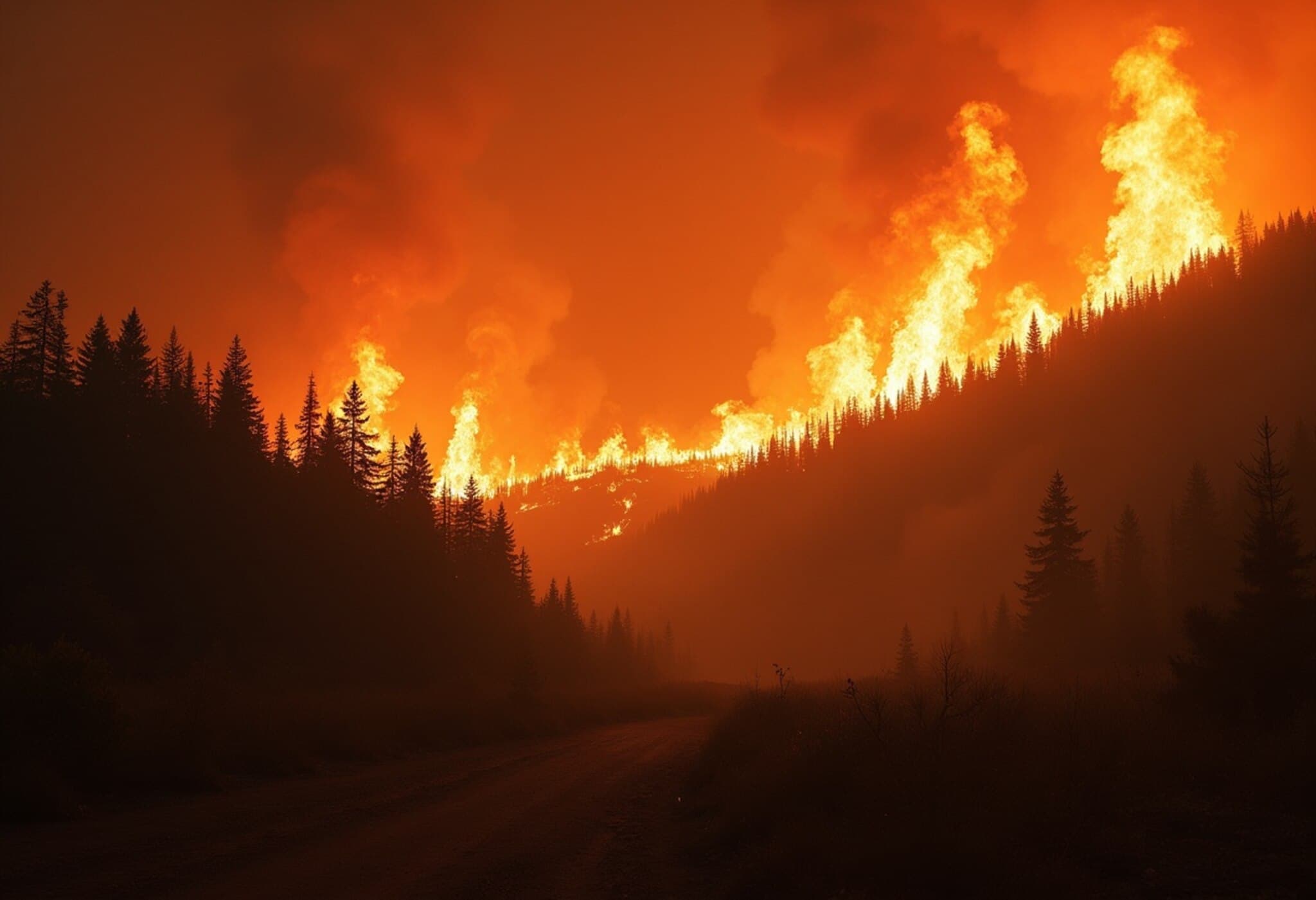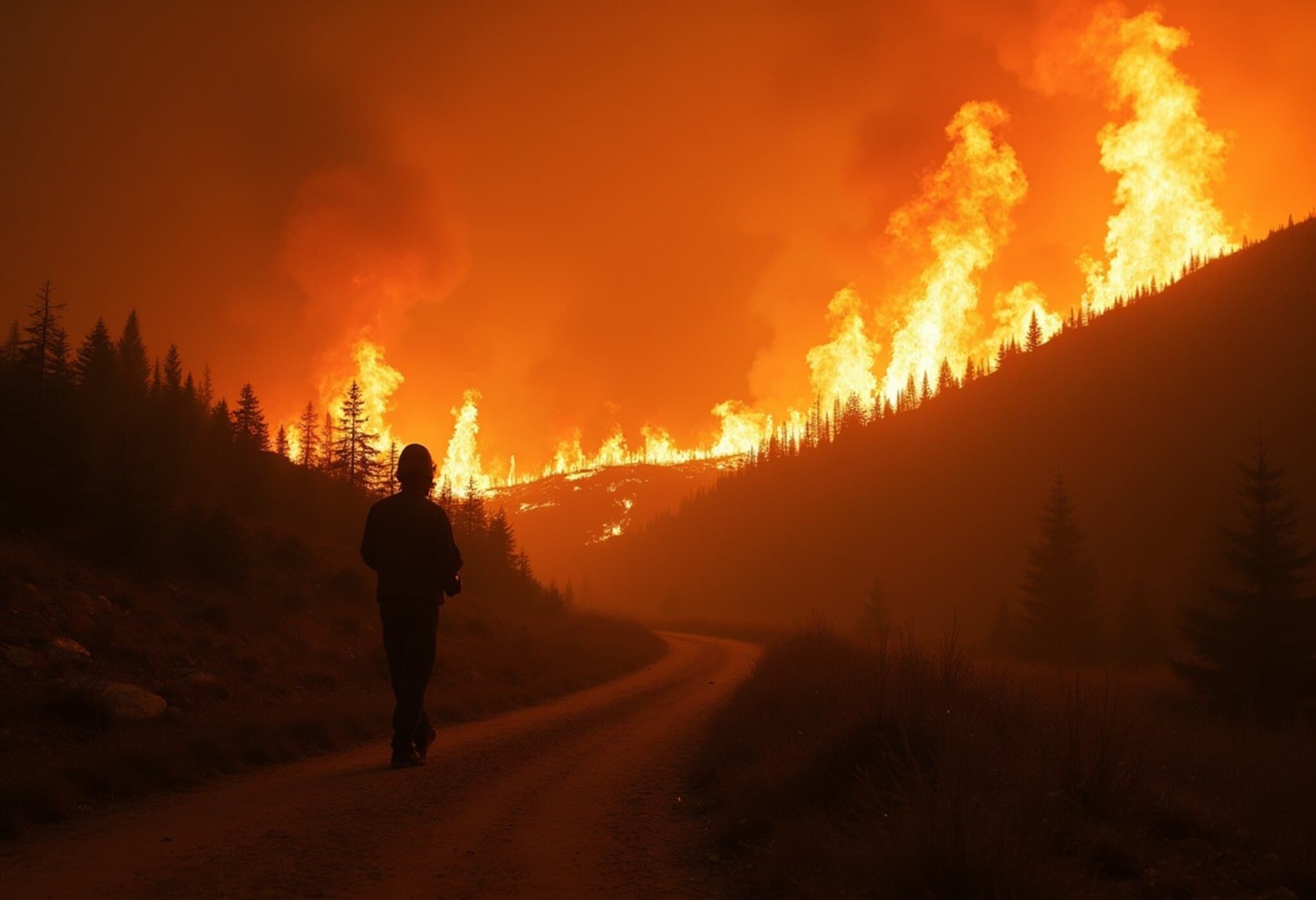Heatwave Threat: Nearly 600 Lives at Risk in England and Wales
An intense heatwave sweeping across England and Wales is predicted to claim close to 600 premature deaths over the coming days, scientists have revealed. Researchers from Imperial College London and the London School of Hygiene & Tropical Medicine (LSHTM) warn the soaring temperatures, supercharged by climate change, are raising the risk of fatalities significantly.
Hidden Dangers Behind Rising Temperatures
According to experts, these heatwaves silently increase mortality, especially among vulnerable groups. Dr. Garyfallos Konstantinoudis from Imperial College London emphasized this hidden toll, stating, "Heatwaves are silent killers," highlighting the urgent need to raise awareness about their deadly impact.
Scientists stress that human-driven global warming made this weekend’s heatwave 100 times more likely, pushing local temperatures well above normal climate expectations.
Most Vulnerable Groups and Locations
The majority of the approximately 570 deaths predicted between Thursday and Sunday are expected among people over 65 years old. London and the West Midlands emerge as epicenters, with the capital alone anticipating around 129 deaths.
Dr. Malcolm Mistry of LSHTM warned that while temperatures in the high 20s or low 30s Celsius may not seem extreme, they can be deadly for:
- Older adults (65+ years)
- Infants
- Pregnant individuals
- People with pre-existing health conditions
The UK Health Security Agency (UKHSA) has responded by issuing an amber heat-health alert, cautioning about the surge in deaths and mounting strain on healthcare services.
Why Just a Few Degrees Matter Dramatically
Professor Antonio Gasparrini of LSHTM explained how even slight temperature rises beyond a community's usual climate tolerance can sharply increase excess deaths. The researchers estimate current temperatures have been amplified by 2°C to 4°C due to human-driven climate change — a difference that transforms a manageable summer into a public health emergency.
Data from UKHSA highlights that over 10,000 people have died from summer heatwaves between 2020 and 2024 in the UK, underscoring this escalating crisis.
Urgent Calls for Climate Action
Health professionals and climate scientists alike warn that such dangerous heatwaves will become more frequent and severe unless urgent action is taken. Dr. Lorna Powell, an urgent care physician in east London, stated, "We must stop burning coal, oil and gas if we are to stabilise our climate and prevent scores of preventable health issues, hospital visits and deaths."
A recent UK Climate Change Committee report projects that if global temperatures rise by 2°C above pre-industrial levels, annual heat-related deaths could surpass 10,000 by 2050. Globally, extreme heat already claims more lives annually—around 500,000 deaths—than floods, hurricanes, and earthquakes combined, according to global risk reassessments.
As this heatwave grips the UK, the urgency to address climate change and protect vulnerable populations has never been clearer.





